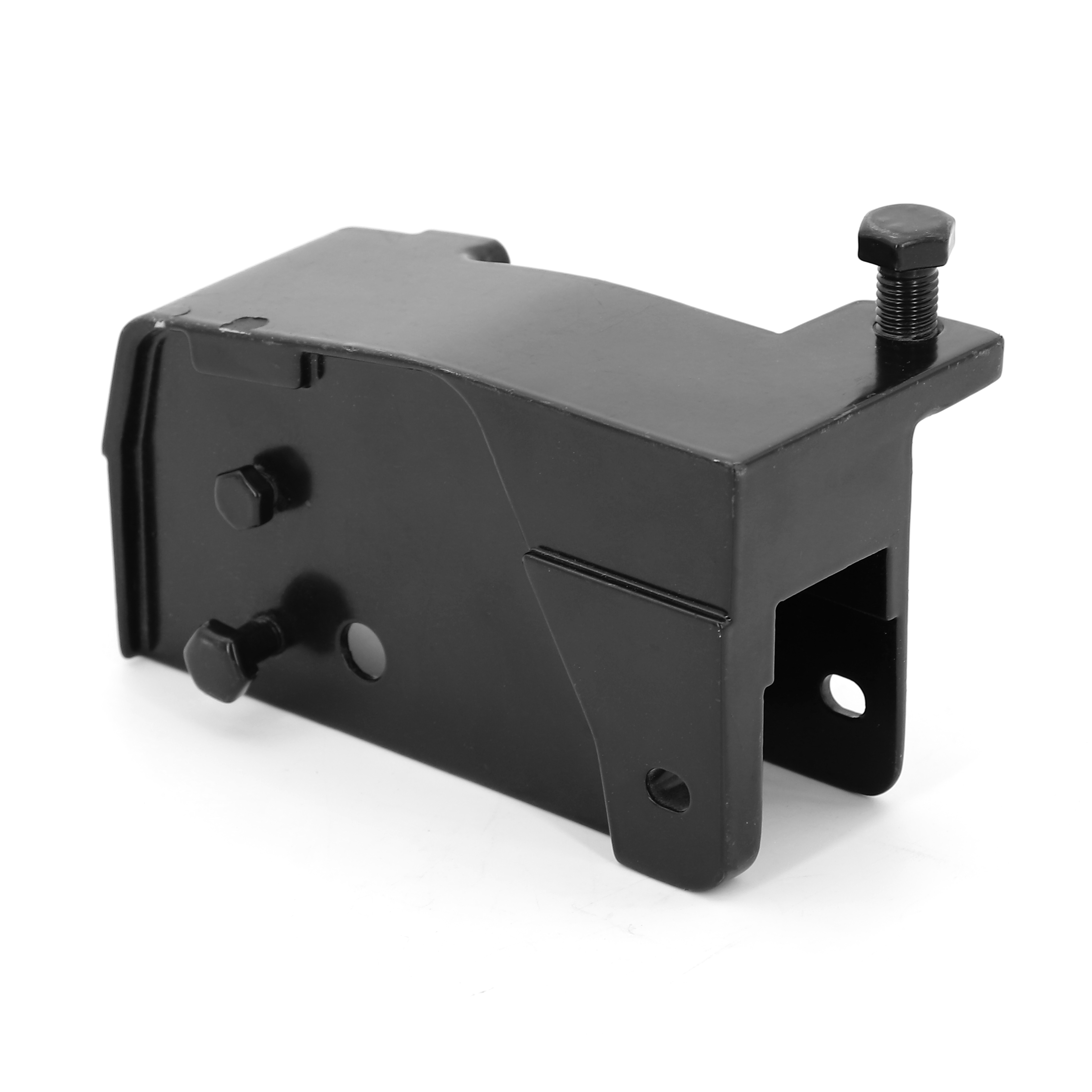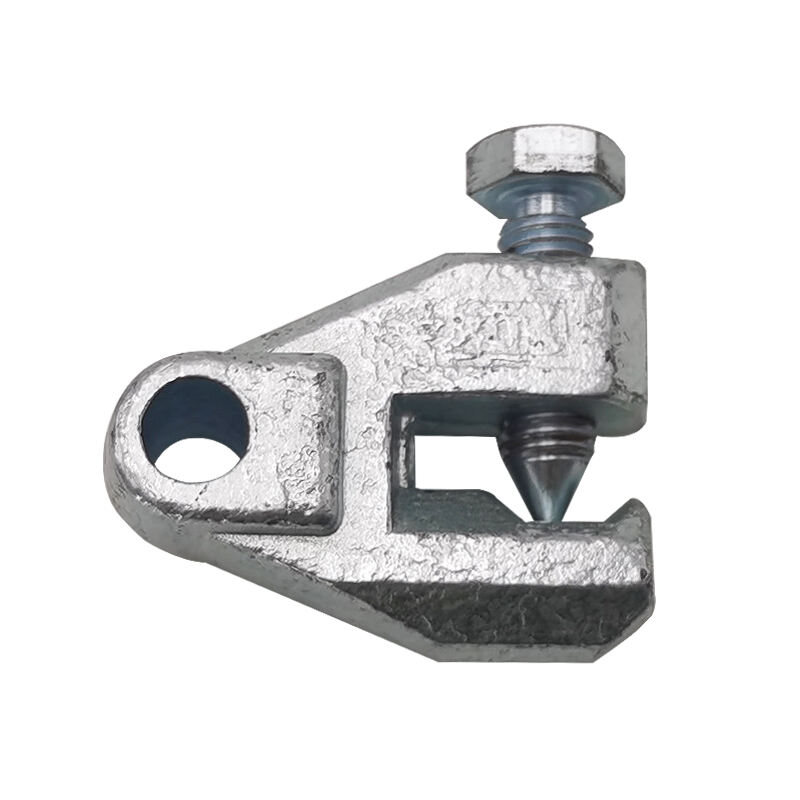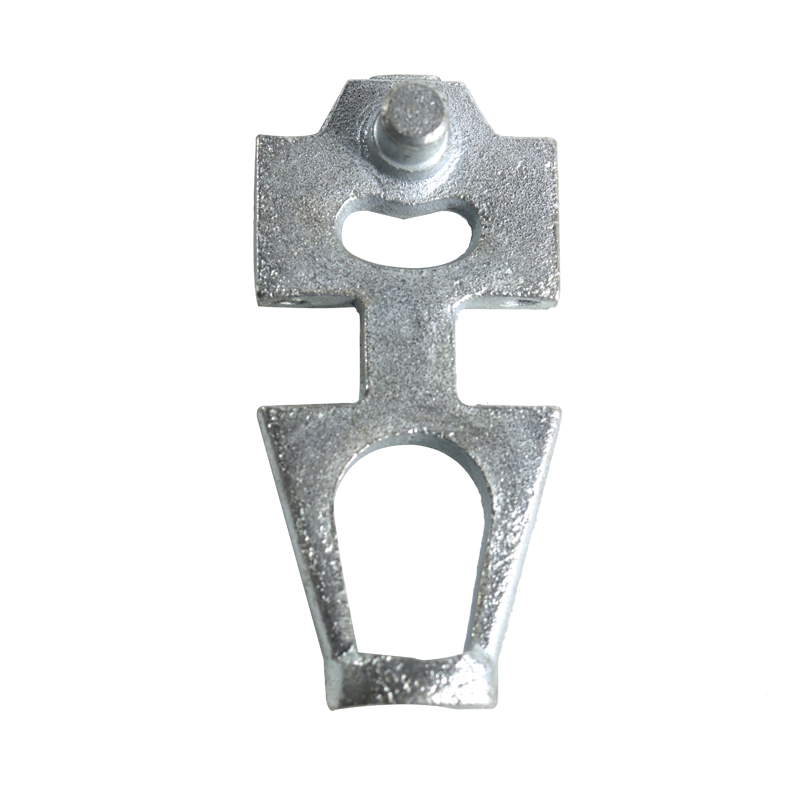cast iron parts
Cast iron parts represent a cornerstone in modern manufacturing, offering exceptional durability and versatility across numerous industrial applications. These components are created through a sophisticated casting process where molten iron, combined with specific amounts of carbon and silicon, is poured into carefully designed molds. The resulting parts exhibit remarkable mechanical properties, including excellent compression strength, wear resistance, and thermal stability. Cast iron parts are extensively utilized in automotive manufacturing, construction equipment, industrial machinery, and architectural applications. Their inherent damping properties make them ideal for components that must withstand vibration and mechanical stress. The manufacturing process allows for complex geometries and intricate designs while maintaining structural integrity. Modern casting techniques incorporate advanced metallurgical controls, ensuring consistent quality and precise dimensional accuracy. These parts often feature self-lubricating properties due to graphite content, reducing maintenance requirements in many applications. Additionally, cast iron parts demonstrate superior heat distribution characteristics, making them particularly valuable in applications involving thermal cycling or heat management.


